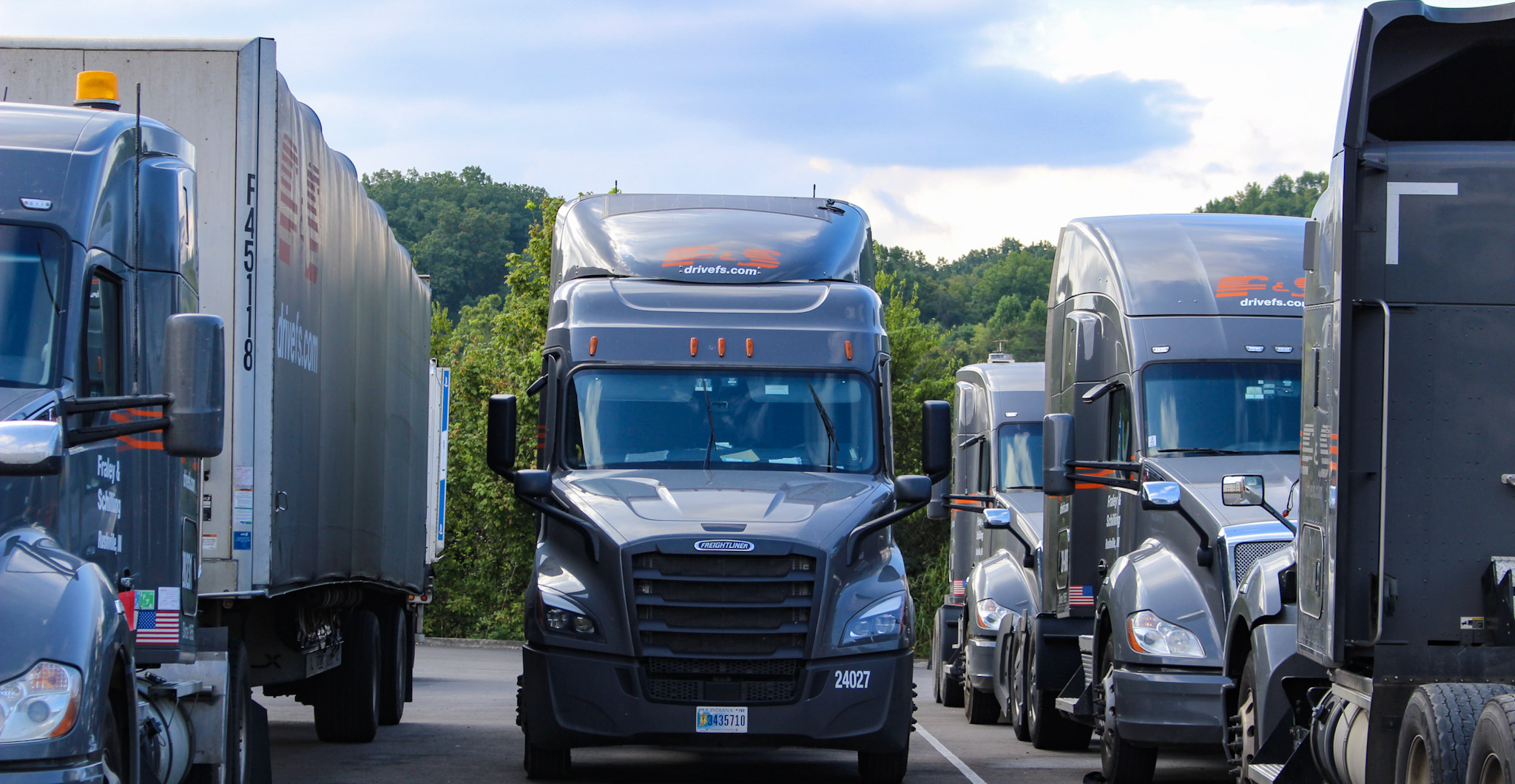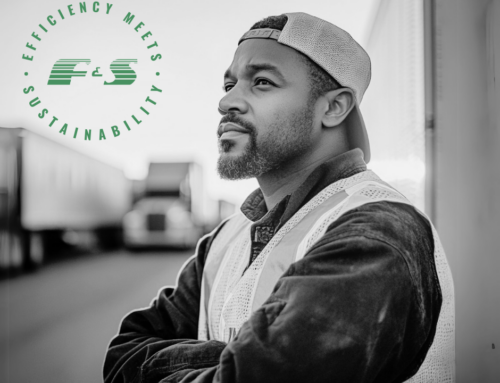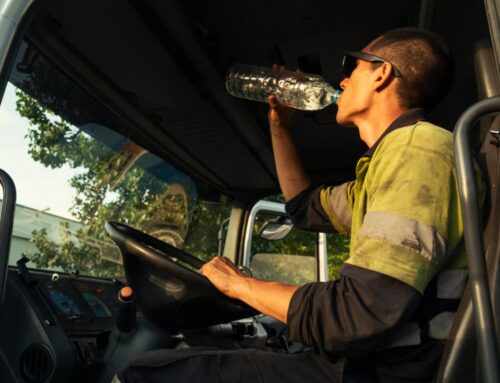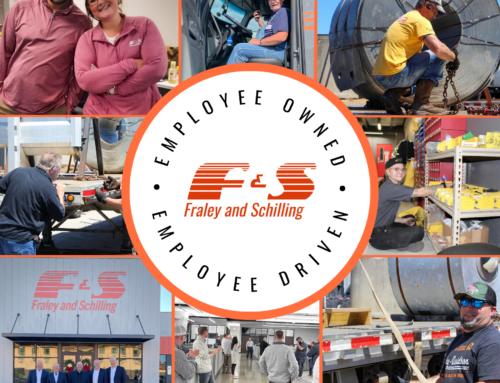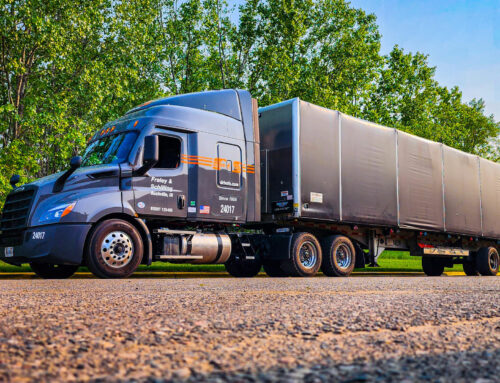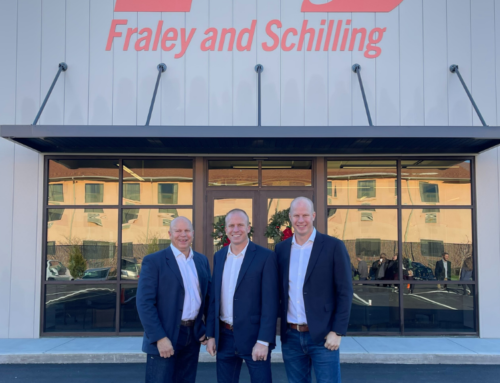A word from Robert Grimes, Vice President of Sales
Sustainability is a buzz-word that is all too common in our society today, and I think we would all agree that most everyone is open to doing their part. Whether that is being intentional about recycling, managing the energy usage in our homes, or being mindful about our purchases, most people just want to do what is right. But, what does that mean for a business–particularly a trucking company?
In an era where environmental concerns are becoming increasingly urgent, businesses of all sizes are being challenged to rethink their practices and embrace sustainable initiatives. The trucking industry, in particular, plays a crucial role in the global economy, ensuring that goods reach their destinations efficiently and on time. However, it’s also responsible for a significant carbon footprint due to its heavy reliance on fossil fuels.
That brings us to this question: what can a trucking company do in order to truly prioritize sustainability without compromising its efficiency and profitability? To best answer that question, let me tell you what Fraley & Schilling did.
Our path to sustainability started rather inconspicuously, and what began as a customer request to see if there was a way to get more freight on a single shipment, our lightweight model was born. From that moment in 1991, Robert Schilling began working with our equipment manufacturer’s to identify ways to spec lighter equipment without compromising safety and durability. This initial result was one that enabled us to add two to three additional pallets of material, which removed approximately 13% to 14% of the loads from the system, and thereby took trucks off the road. There have been many iterations of this initial design over the years, but just as equipment has evolved, so has our innovative approach to how we spec our equipment–always with the goal of providing more value for our customers.
Recently, we had the good fortune to partner with a customer that shares our passion for sustainability and creating the most value for our customers as possible. We began the relationship by working with their shipping team to help them understand the capabilities of our equipment and how to properly load and secure. This evolved into their production team committing to changing coil sizes to maximize the payload capability of our trailers, and these combined efforts resulted in them being able to ship 16.7% more product per shipment. That’s definitely a “value-add” service in the eyes of our customers!
To be transparent, the savings don’t stop with simply adding freight to a trailer. Consistently achieving more weight per load creates savings in many different areas:
- Reduction in the number of trucks on the highway, which effectively reduces carbon footprint, and helps ease congestion on public roadways
- Line-haul and fuel surcharge savings for loads that were effectively taken out of the system
- Reduced dock congestion at both the shipper and receiver due to fewer shipments
- Reduction in man hours required to load / unload due to fewer shipments
- Reduction in the amount of invoices created, which also results in fewer man hours required to process
By effectively working with our customers, we have successfully tailored this solution to accommodate different commodities and trailer types over the years. This proves that solutions are attainable, especially when parties share a common goal and can commit to working together–even in the name of sustainability.
The truth is, sustainability and the trucking industry are not mutually exclusive. This story is unique to us, but in fact, there are many forward thinking companies that are already proving that it’s not only possible but also beneficial to adopt eco-conscious practices within their operations. From embracing clean energy alternatives to optimizing logistics and supply chains, these companies are helping to pave the way for a greener, more sustainable future.

